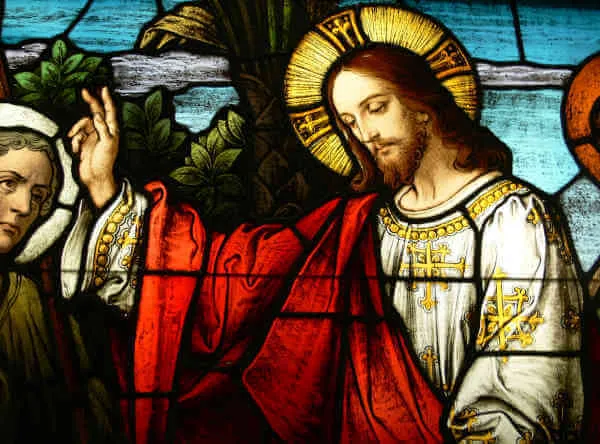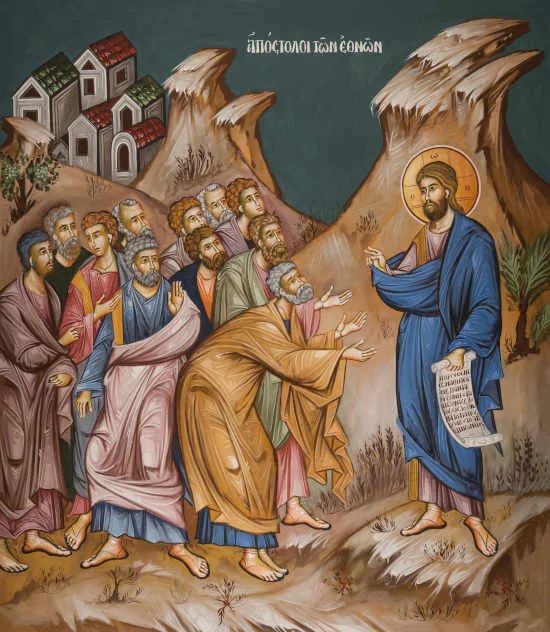John 15:16
Bearing Fruit for the Kingdom
“It was not you who chose me, but I who chose you and appointed you to go and bear fruit that will remain, so that whatever you ask the Father in my name he may give you.”
Reflection:
After Judas betrayed our Lord, the Apostles gathered together to pick someone to succeed him. They decided it should be someone who had been with them from the beginning. They prayed for guidance and cast lots “and the lot fell upon Matthias, and he was counted with the Eleven Apostles” (Acts 1:26).
Little is known about the ministry of Saint Matthias. Being chosen as one of the Twelve makes him a bishop of the early Church. Various traditions state that he preached in the territory of either modern-day Ethiopia, Turkey or Georgia—perhaps all of these territories. He is thought to have been killed for his faith, either by stoning or by beheading or both, which is why he is today honored as a martyr.
As we honor Saint Matthias, we honor more than just a man who became an Apostle and preached the Gospel with His life, we also honor the divine plan by which God has chosen to use weak and humble instruments to further His Kingdom. The Gospel passage above certainly applies to Saint Matthias, as well as to all of us to one extent or another. It was God who “chose” Saint Matthias, as well as each and every one of us, for the purpose of going forth to “bear fruit that will remain.” But this form of good fruit, the fruit that has eternal consequences, can only be produced when we ask for it from the Father in the name of His Son Jesus.
Asking the Father to produce good fruit through us in the name of Jesus His Son does not mean that we get to choose what we ask of the Father. Rather, asking “in Jesus’ name” must be understood to mean that we ask the Father only what the Son has asked. We choose to share in the one eternal prayer of the Son that the will of the Father be fulfilled. And in praying this way, we commit ourselves to unity with His holy will.
Sometimes we can all find ourselves asking God for this favor or that. We can place before Him our preference and our will. But if we want to be used by God, to become an instrument of His grace so as to bear an abundance of good fruit, then we must humbly set aside our own will and allow God to be the one Who chooses our mission and appoints us to His holy task. Detachment from our own will and humble submission to the will of God is the only way to bring forth God’s Kingdom.
Reflect, today, upon God’s choice to call you to share in His divine mission. How He calls is up to God, but you can be certain that He does call you and invites you to share in His mission. Be open to any way that God appoints you to bear good fruit and humbly seek to conform your will to the Father’s plan as you pray in Jesus’ holy name.
Source: https://catholic-daily-reflections.com/2024/05/13/bearing-fruit-for-the-kingdom-2/













